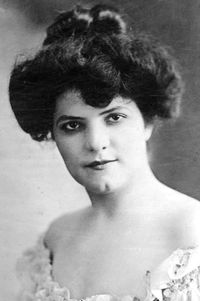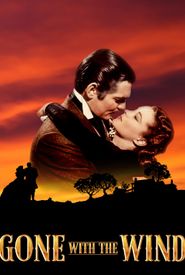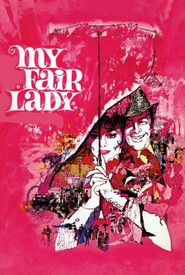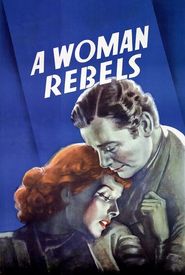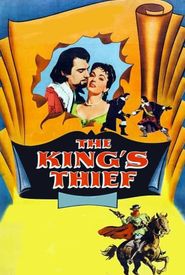Lillian Kemble-Cooper was a celebrated British thespian, born on March 21, 1892, in the vibrant city of London, England, to a family of distinguished English actors, the Kemble family, whose influence on the British stage spanned generations. Her father, Frank Kemble-Cooper, was a seasoned stage actor, and her younger brother, Anthony Kemble-Cooper, as well as her elder sister, Violet Kemble-Cooper, both followed in the family's footsteps, embarking on careers in the performing arts.
Lillian's formative years were characterized by an unwavering enthusiasm for the world of theatre, a passion that would ultimately propel her to make her Broadway debut in the year 1906. This marked the beginning of a long and illustrious career, during which she would go on to appear in a total of 17 productions spanning a period of nearly four decades, from 1906 to 1950.
One of the most significant milestones in Lillian's early career was her appearance in the original production of Hitchy-Koo in 1919, a performance that would undoubtedly serve as a highlight of her early years on the stage. As her career continued to evolve, she began to transition her talents to the world of cinema, ultimately accumulating a repertoire of approximately 20 films that would showcase her remarkable range as a performer.
While her filmography featured a diverse array of roles, many of her appearances were relegated to minor supporting parts, a testament to her versatility and ability to adapt to a wide range of characters and storylines. Despite the limitations of these roles, Lillian's extensive filmography serves as a testament to her dedication to her craft and her enduring presence in the world of entertainment.
Lillian Kemble-Cooper, a talented actress of stage and screen, frequently brought to life complex and multifaceted characters in her performances, skillfully capturing the essence of aristocrats, spinsters, and servants alike.
Through her remarkable portrayals, Kemble-Cooper imbued her characters with a depth and nuance that captivated audiences and critics alike, leaving a lasting impression on the world of cinema.
One of her most enduring and iconic roles was that of the devoted nurse to Bonnie Blue Butler in the legendary film Gone with the Wind, a testament to her versatility and range as an actress.
In this pivotal role, Kemble-Cooper became the only non-American character to appear in the production, a true testament to her global appeal and the enduring legacy of her remarkable talent.
Personality:
Lillian's personal life was a tapestry woven from the threads of multiple marital unions, each with a creative partner at its center. Her initial nuptials were to Charles Mackay, a multifaceted individual who wore the hats of both actor and writer, bringing a rich cultural heritage to their relationship. The marriage, though short-lived, laid the groundwork for Lillian's future partnerships with other creative souls.
Her second husband, Louis Bernheimer, was a former World War I pilot who, like Charles, wore multiple hats - in this case, those of a writer and a veteran of the Great War. The experiences he accumulated during his time in the military likely had a profound impact on his life and art, and Lillian's relationship with him would have been shaped by these influences.
However, it was her longest and most enduring marriage, to the talented actor Guy Bates Post, that would ultimately define her personal life. Spanning over three decades, this union was a testament to the power of true love and the importance of finding a partner who understands and supports one's artistic endeavors. The marriage came to a close with Guy's passing in 1968, leaving Lillian to reflect on the countless memories and experiences they shared during their time together.
Lillian Kemble-Cooper, a remarkable individual, breathed her last on the fourth day of May, 1977, in the vibrant city of Los Angeles, leaving behind a rich tapestry of memories and a lasting impact on the world of entertainment.
